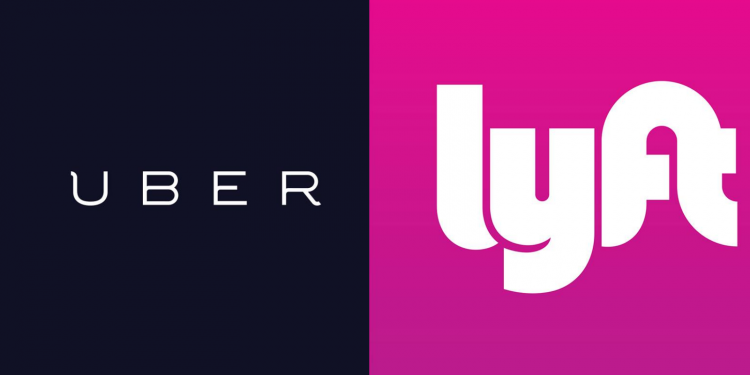Uber and Lyft will continue classifying drivers as independent contractors instead of employees. Californians voted in large numbers in favor of Proposition 22 ballot measure in the just concluded elections. A ballot measure is a law or issue appearing on a state or local ballot for voters to decide.
Prop22 exempts app-based ride hailing and delivery services from classifying drivers as employees eligible for benefits and job protections. This proposition was circumventing the Assembly 5 Bill passed in 2019 classifying gig drivers and couriers as employees and took effect in January 2020. AB5 ensured that gig economy workers were entitled to workers’ compensation, minimum wage, and other benefits.
Uber and Lyft, both based in San Francisco, spent over $200 million on a campaign to lobby voters to pass the law through TV advertisement, mailers, and messages. They argued that listing drivers as employees undermined worker flexibility, independence, and would push prices high.
Other gig economy companies that pushed for the law include DoorDash, Postmates, and Instacart.
Labor unions were pushing for a state law aimed at mandating ride hailing and delivery services to provide drivers with protections such as minimum wage, overtime, health insurance, and reimbursement for expenses. The unions argued that the firms exploit their drivers to keep high profits while depriving workers of rights like overtime pay and workers’ compensation.
58 percent of voters chose to keep drivers classified as independent contractors. Nonetheless, the drivers are still entitled to guaranteed minimum wage and subsidies for health insurance if they clock an average of 25 hours weekly.
RELATED
Uber & Lyft Threaten to Shut Down California Operations
Court Orders Uber & Lyft to Classify Drivers as Employees




